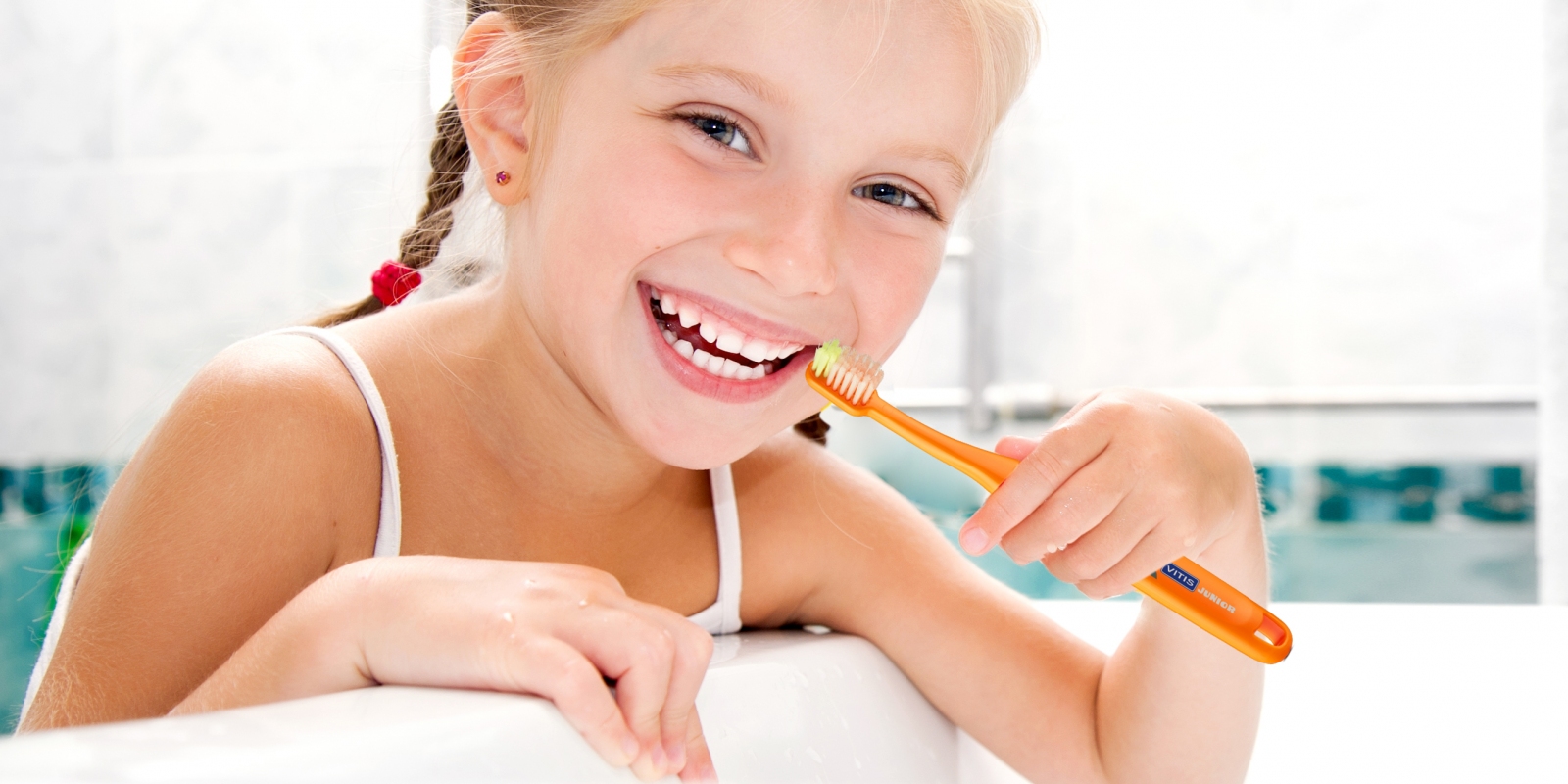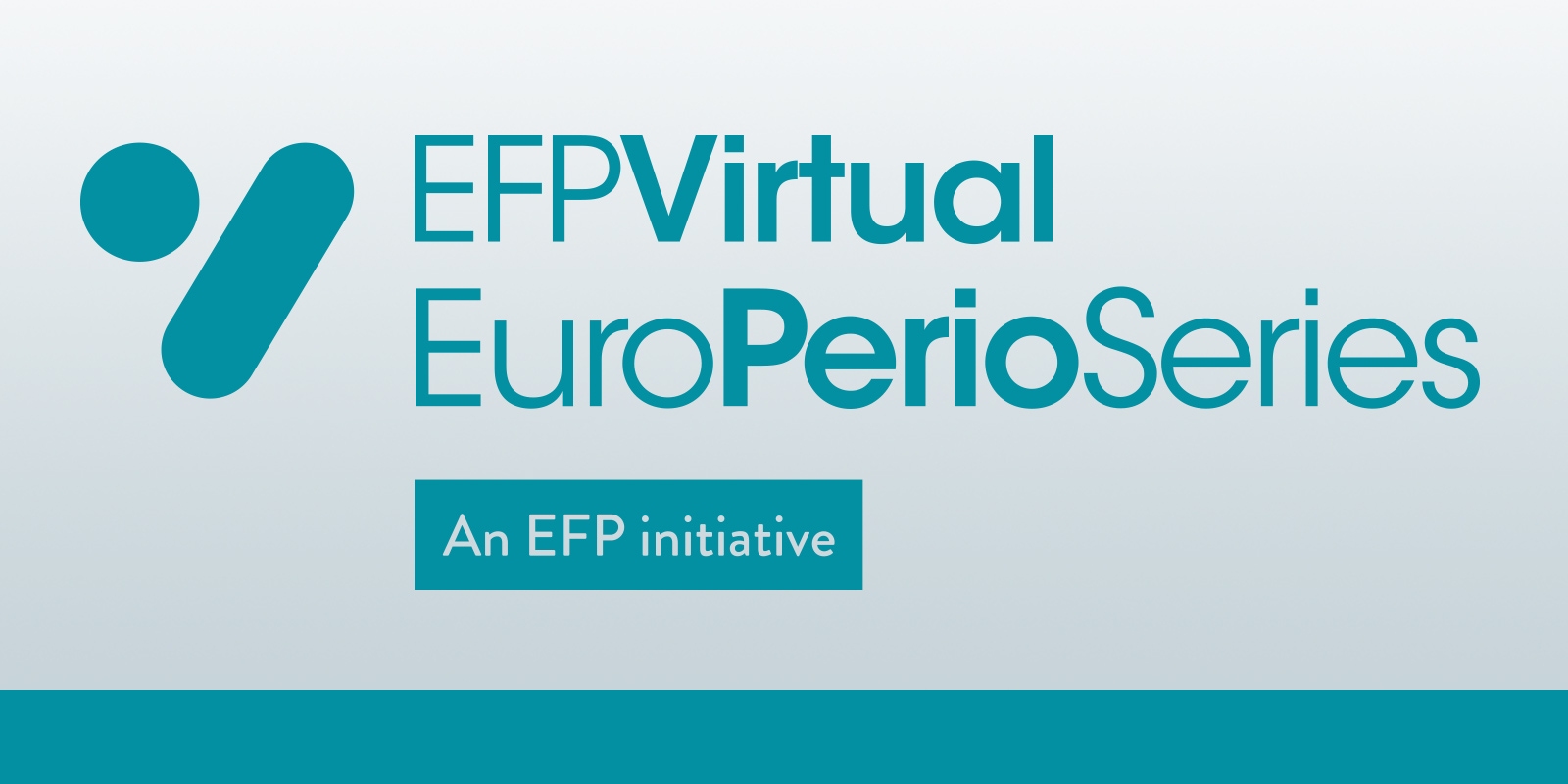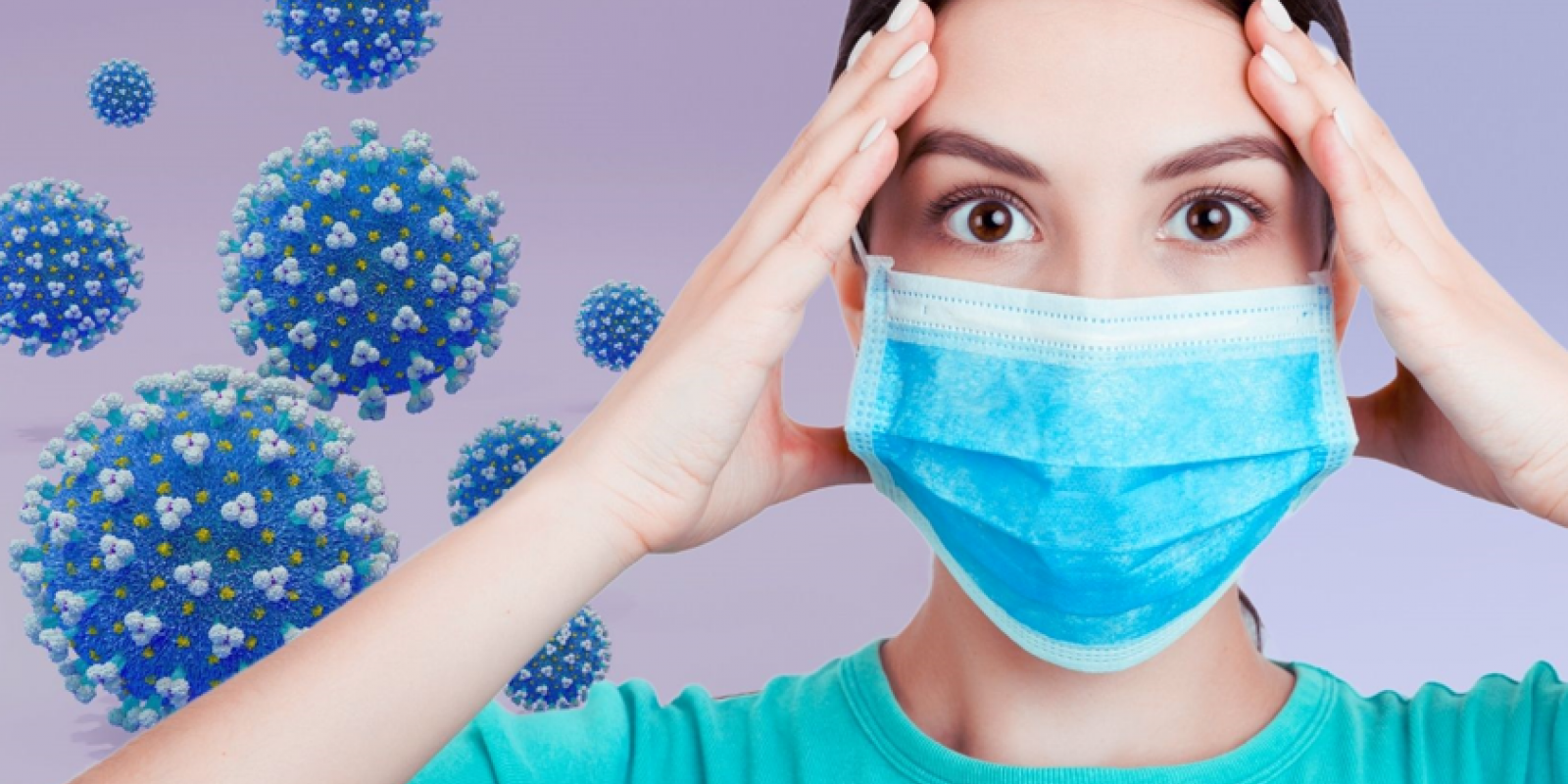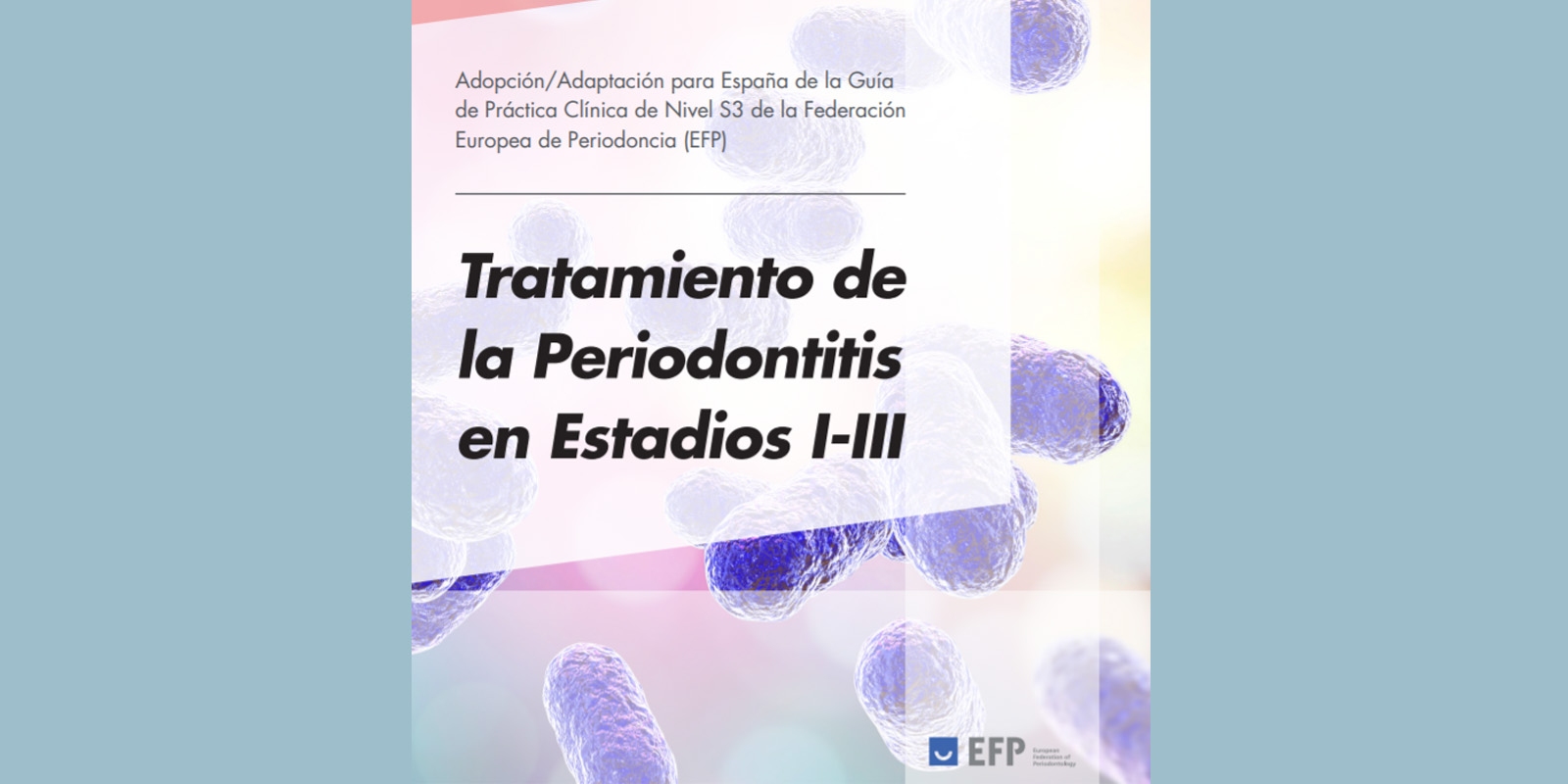DENTAID EXPERTISE
News for dentistry professionals
Guidelines to prevent early childhood caries

Good dental health in adults is greatly influenced by the oral care they received in the first years of their life. That is why it is so important to help parents take the necessary steps to prevent early childhood caries (ECC).
Early childhood caries (ECC) was first described in 1962 by Dr Elias Fass. The American Academy of Pediatric Dentistry (AAPD) defines ECC as the presence of one or more decayed (noncavitated or cavitated lesions), missing (due to caries), or filled tooth surfaces in any primary tooth in a child under the age of 71 months (6 years). Any sign of smooth-surface caries in a child younger than three years of age indicates severe ECC.
Regarding the prevalence of ECC in Spain, according to the results of oral health surveys in 2007, caries was found in 17.4% and 26.2% of children aged 3 and 4 years, respectively. In 2010 and 2015, in children aged 5 and 6 years, the prevalence of caries in temporary dentition was 36.7% and 31.5%, respectively.
The prevention of this pathology must begin with education in oral health of the parents even during pregnancy (prenatal and perinatal). Childbirth preparation classes are a good time, as parents are very receptive to information on the care of their future child, and multidisciplinary activities in which dental hygienists play a relevant role are thus of great importance. The knowledge parents have of oral health has a direct influence on their child’s future oral health.
We must keep in mind that ECC does not only affect the teeth but also the general health of children, as it can alter their ability to feed properly, and thus, affects their quality of life, and also increases the risk of developing new caries lesions.
We currently have tools, such as the modified CAMBRA questionnaire for ages 0-5, which allow us to assess the risk of caries in children and address the prevention of the disease through the best possible individualised strategy.
ORAL CARE IN EARLY CHILDHOOD
Among the guidelines that parents should receive in order to take proper care of their children’s oral health, we highlight the following:
- Start cleaning the babies’ gums before their teeth erupt with a damp piece gauze, or a silicone or cotton finger cot once a day.
- When the teeth begin to erupt, use fluoride toothpaste—an amount about the size of a grain of rice—on an age-appropriate toothbrush. Brush teeth twice a day, once being at night.
- Use dental floss or a flosser as soon as there are points of contact between teeth, as a regular brush cannot reach interproximal spaces.
- Once the first teeth have appeared, avoid caries-promoting dietary practices, such as eating fermentable carbohydrates around bedtime.
- Teach parents to lift the child’s lips to check for signs of possible ECCs, getting them to do it at home at least once a month.
About the Author
Dental hygienist. Oral Health and [Disease] Prevention Committee of the Madrid Dental Hygienists’ Association.
RELATED ARTICLES

17 Feb 2022
EuroPerio Series: professional discussions and scientific exchange
To keep the global perio community up to date with the latest research findings as well as give a taster of what is to come at EuroPerio10, the…

21 Jan 2022
Xerostomia in COVID-19 positive patients: clinical considerations
Severe Acute Respiratory Syndrome Coronavirus 2 (SARS-CoV-2) the cause of the pandemic known as COVID-19, affects different organs and systems (lungs,…

20 Jan 2022
A guide adapted to Spain to optimise the approach to periodontitis
There are currently numerous clinical practice guidelines to direct the treatment of many systemic diseases (such as diabetes, depression,…
Sign up for the DENTAID Expertise newsletter
Sign up for the newsletter